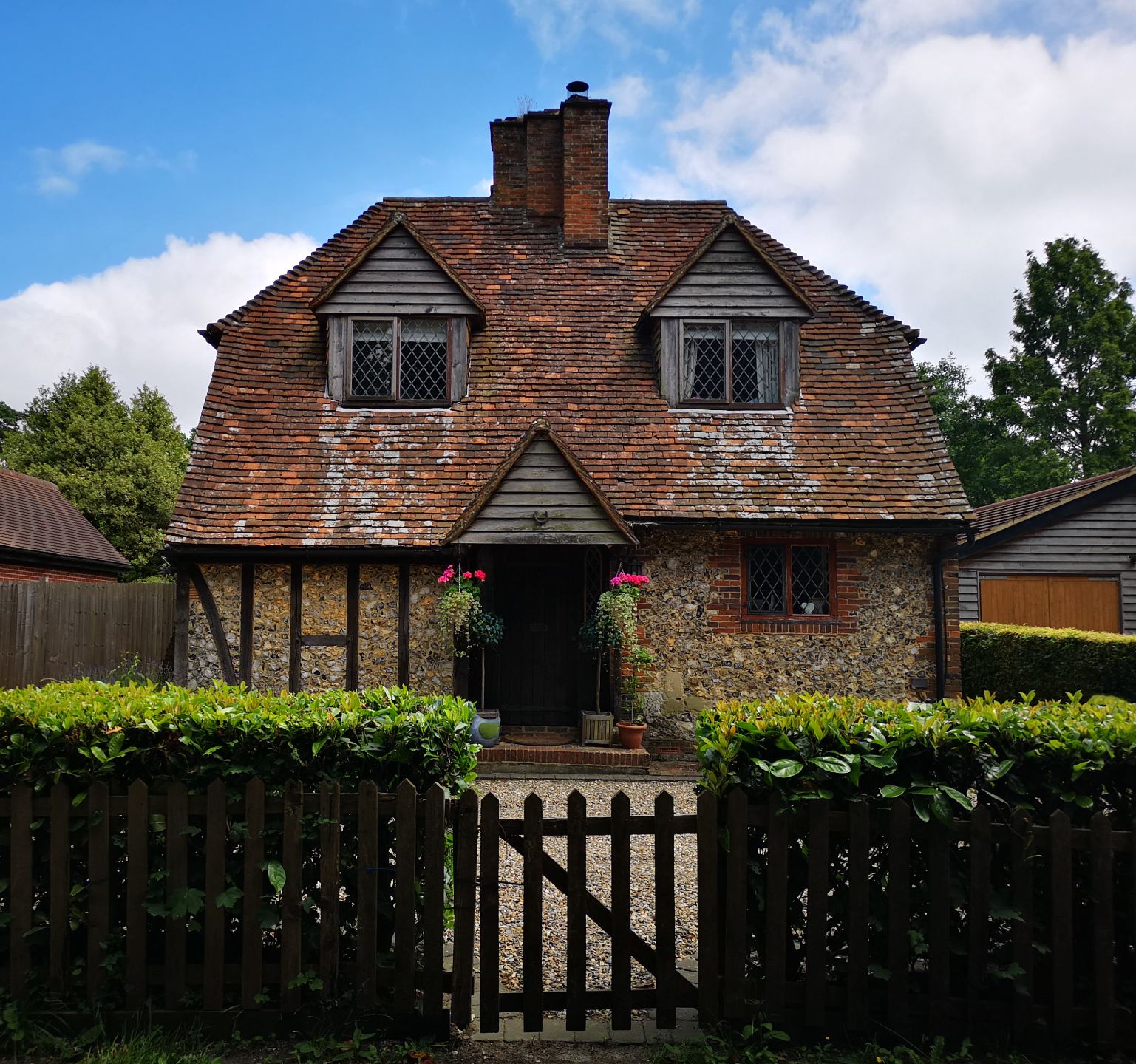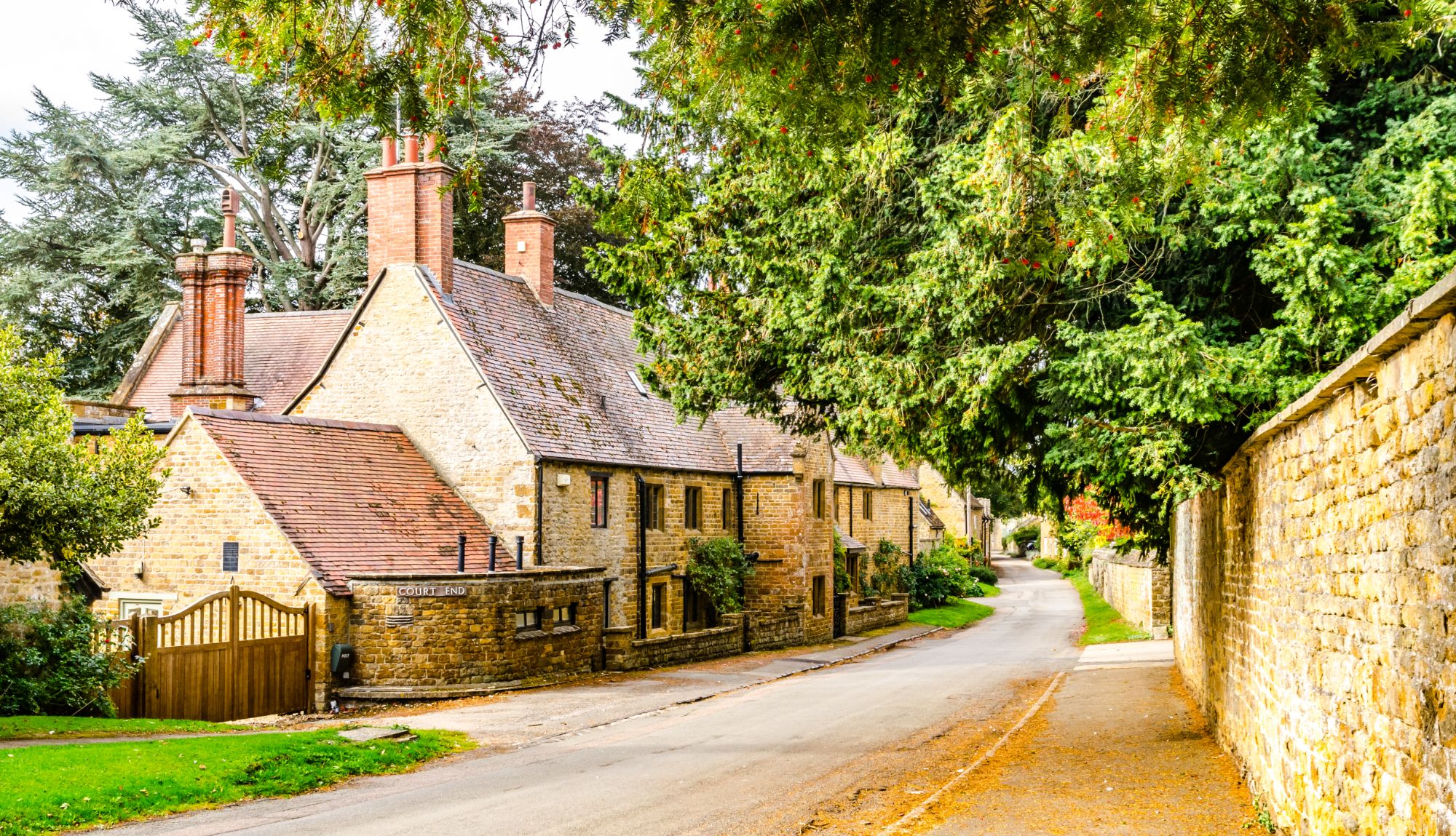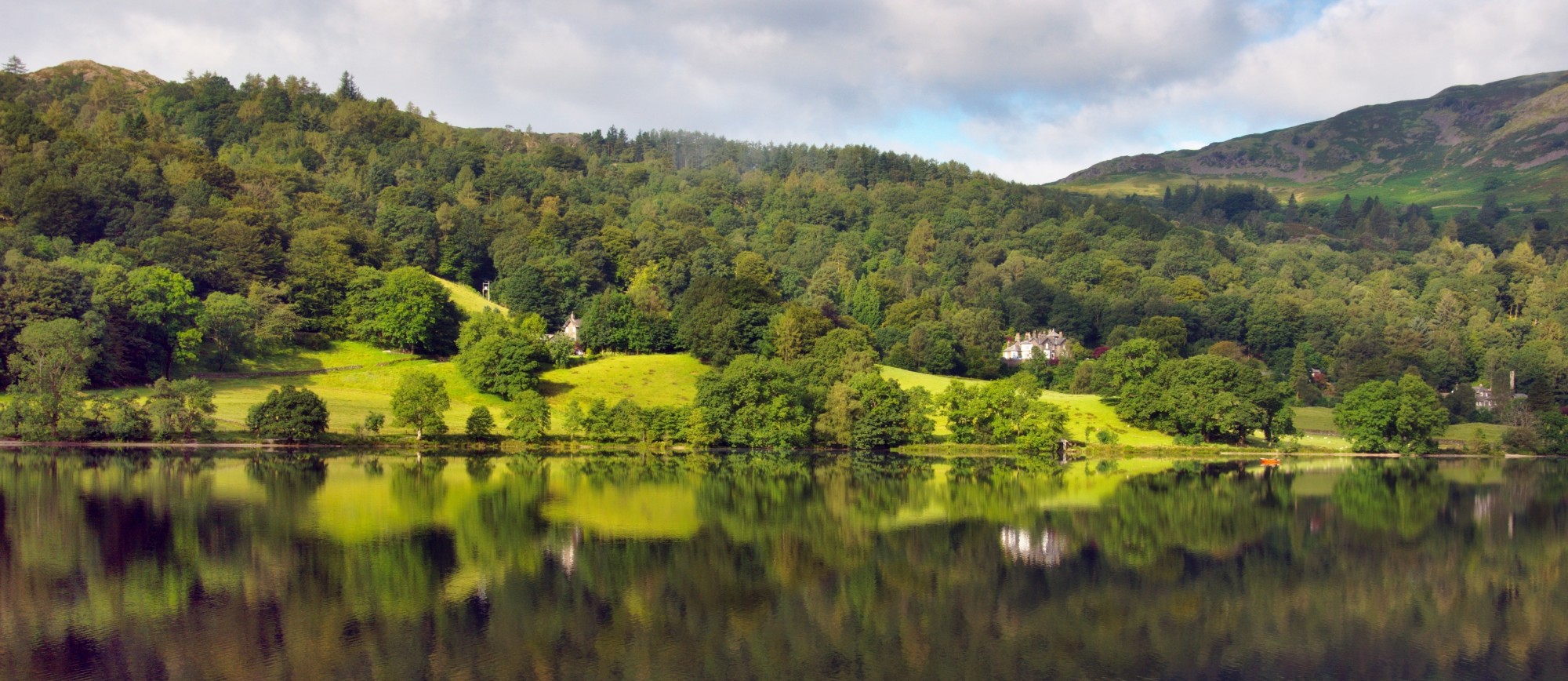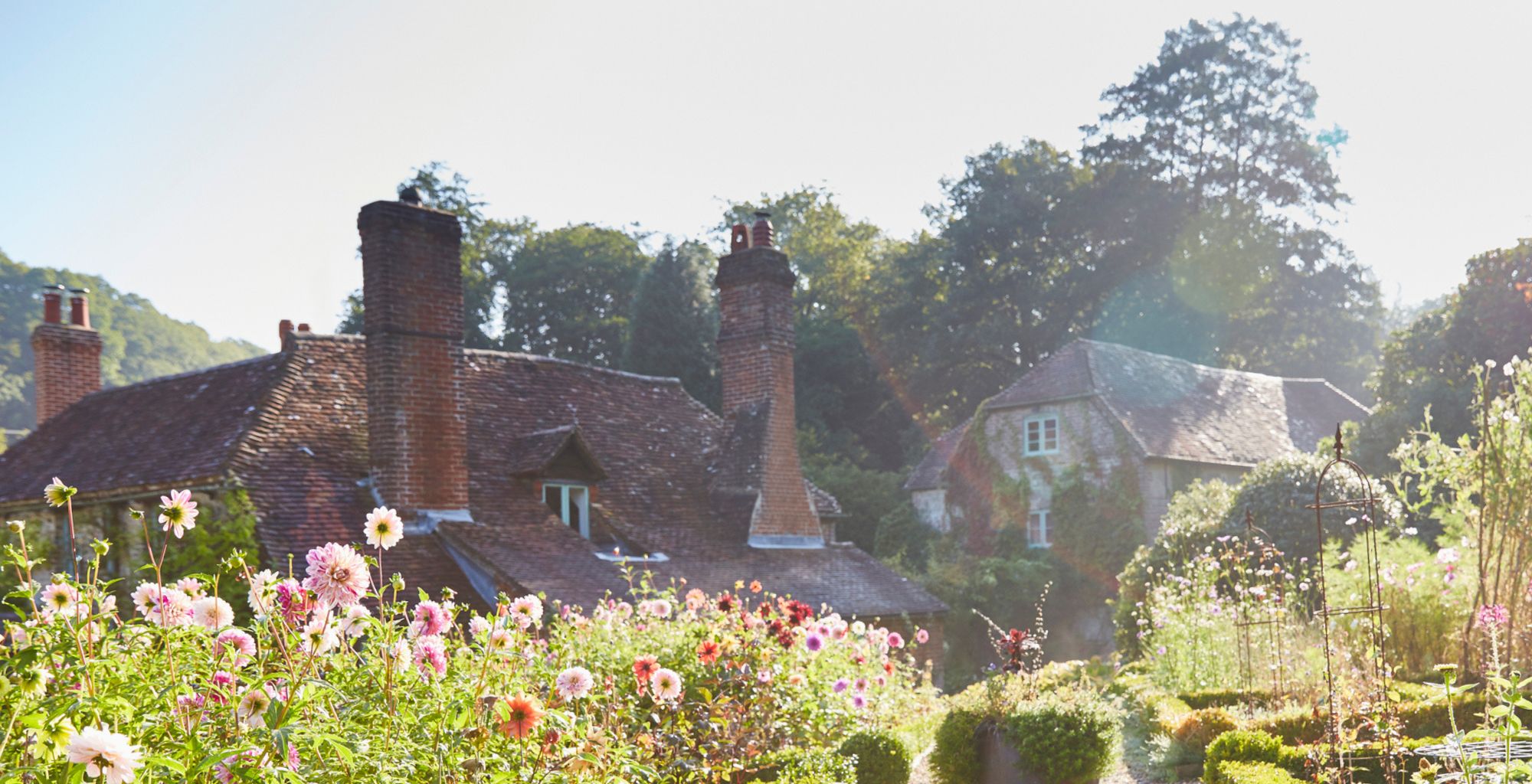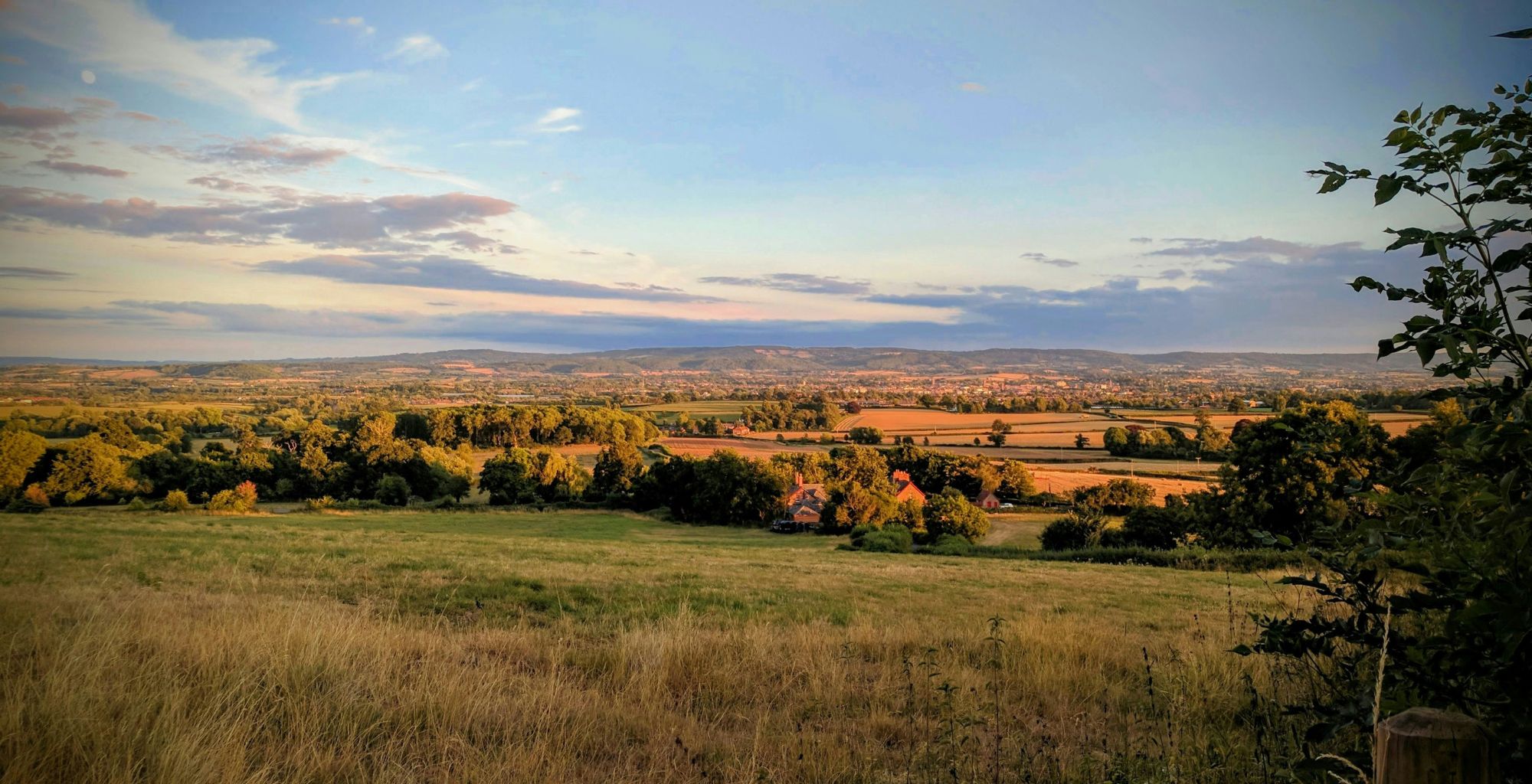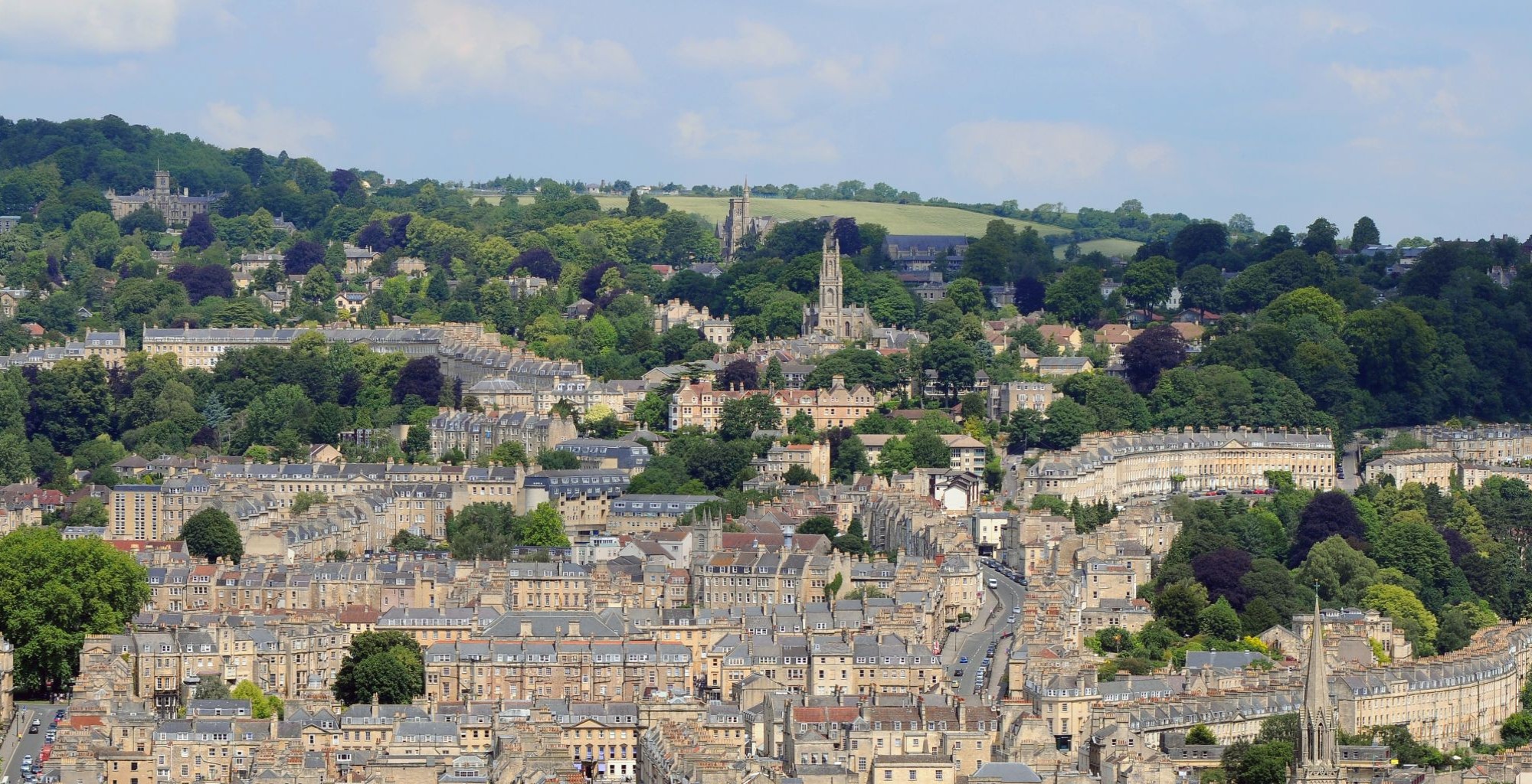For homebuyers seeking a blend of visual appeal and practicality, Arts and Crafts houses stand out as an exemplary...
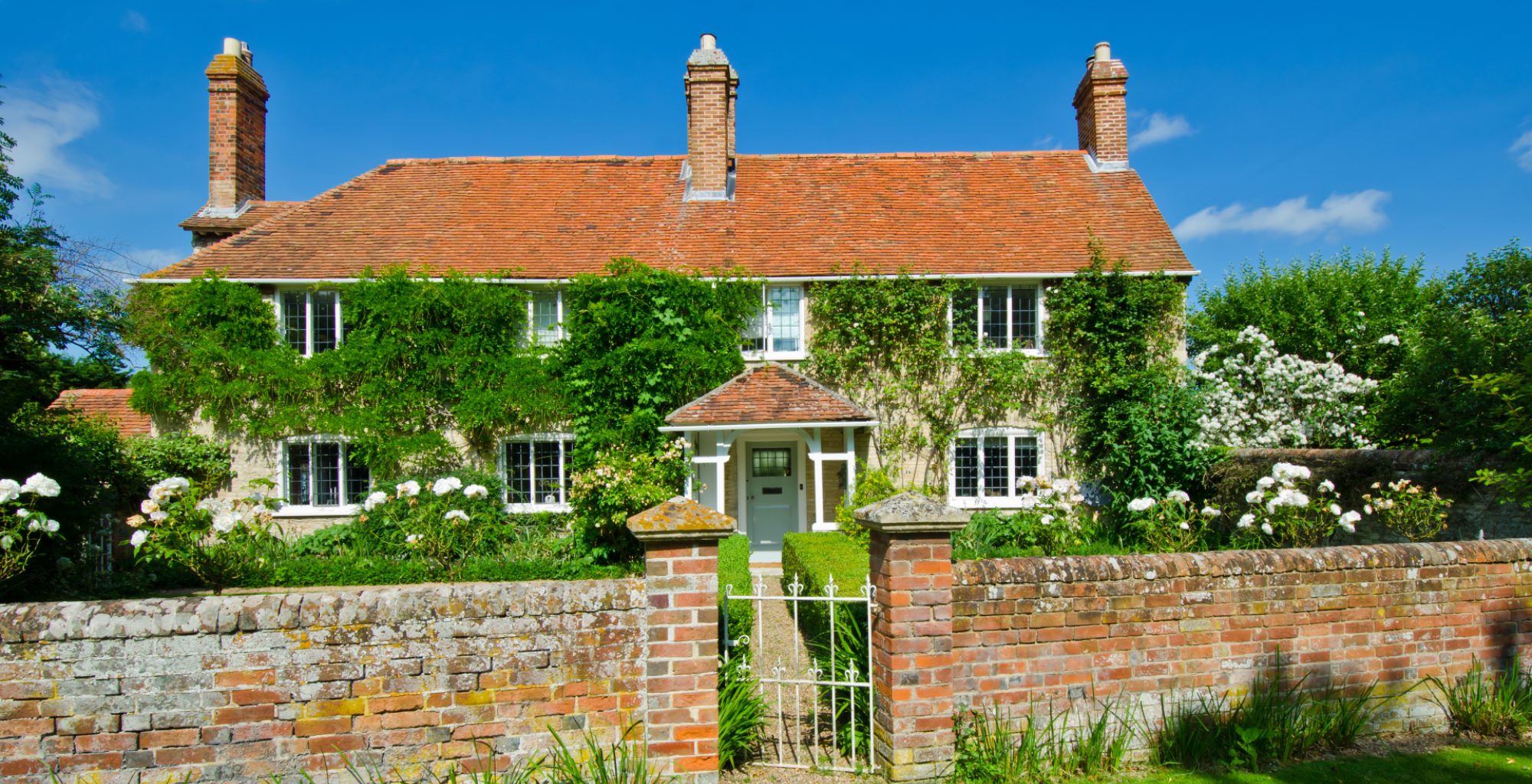
15 Things to consider before moving to the country
With Covid having shown us we can work from home, moving to the country is a serious option.
Suddenly the idea of living surrounded by green fields rather than busy streets is a whole lot more appealing.
You don’t have to live in an urban location to get into work anymore.
Transport links to many parts of the countryside have improved as well as technology, meaning we are also better connected than ever.
And whereas you may have been looking at a daily commute into a big city, making living in a rural location impractical, now it’s perfectly acceptable for many people to only visit the office once or twice a month.
So, are you thinking of moving to the country? Here are things you may not have thought of and the things to consider before making the leap.
1. Property prices for country homes
Depending on where you move to, you may be surprised at just how much house you can get for your money as many rural areas will be cheaper to buy in than a town or city.
So, adapt your budget accordingly and choose a location taking that into account too.
Your priorities will determine the area you choose.
For example, if you look at homes situated on the edge of a village or in a location that’s not so picturesque, you can save money and end up with more bedrooms and a bigger garden.
Properties situated close to sought after village amenities usually have a higher price tag and might mean you settle for a smaller property.
You can, however, look at the possibilities to extend, if you need an extra bedroom and the potential to purchase extra land if you’re thinking of extending into the garden space.
Extending a property in the country can be sometimes easier than in an urban location because you don’t have the potential problems of neighbours being overlooked.
2. Will I be on a tourist track?
If you fall in love with a countryside location, it’s probable many others will too. So do your research before to avoid living in a goldfish bowl, in a location flooded with tourists in the holiday season.
It could really detract from your countryside retreat if you’ve gone for the peace and quiet only to find it overrun with people during the holidays and on weekends.
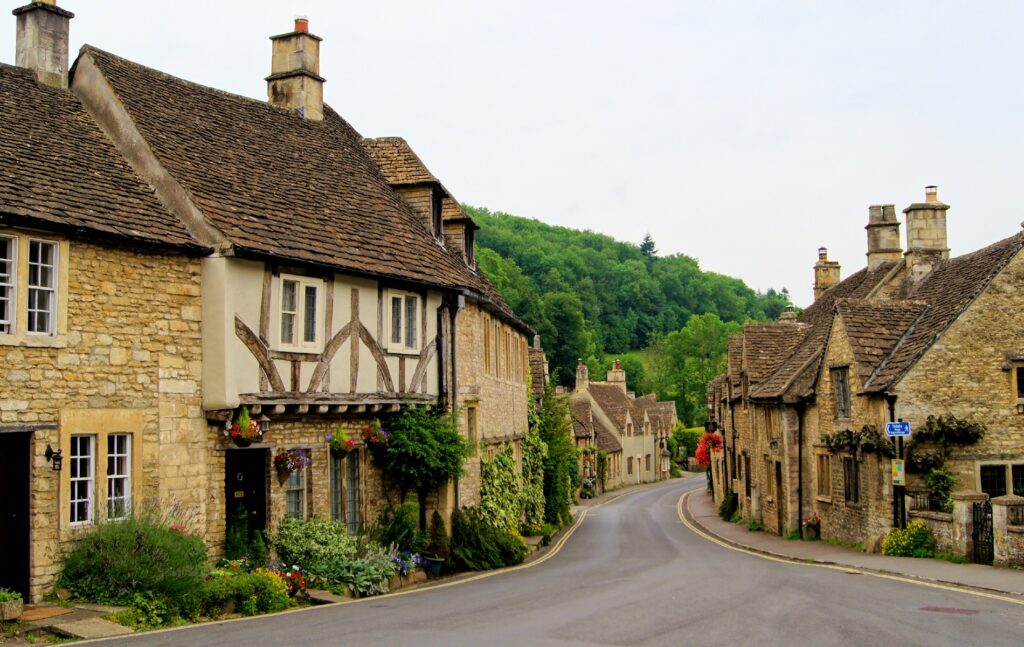
If a location is popular with visitors it can still be a wonderful place to live, it’s important to consider how the area copes with influxes of people.
Does it have public car parks, or would tourists be parking on the roadside? Is there only one pub or shop nearby meaning it’s less able to cope and may run out of supplies you rely on?
Also, are there sufficient bins to avoid your village becoming littered with rubbish after the day-trippers have gone home?
Choosing a location popular with visitors can, of course, boost property prices though, one of the benefits for you if and when you come to sell.
You can bet if there’s a fabulous beach or renowned gastro pub nearby, it’s going to be popular with people visiting.
3. Am I moving to a place with too many second homes?
It’s worth doing a bit of investigation into the demographic of a rural location because if there’s a high population of second home owners, it can alter the feel of a village, particularly in winter.
If you want a community around you, lots of holiday homes aren’t necessarily going to offer that.
It is often the case though, that amongst the homes used infrequently there is a small and close-knit community that calls a place home.
Where possible, it’s always worth visiting a place in the offseason if you know it to be a popular destination to get an idea of what it’s like at the quieter times of the year.
It might even be that you’re looking for a more remote place to live, a home where there are no expectations to be deeply involved with local events.
It really depends on preference and motivation for moving to the country.
4. Are there any like-minded people living close by?
Don’t underestimate the kinds of people living in a countryside setting.
If you’re retiring, you may not want a village populated mainly with professionals who work away from 9-5 meaning there’s no one around during the day-time.
Or, if you’re moving with a young family, you don’t want to feel everyone is old close by.
If you’re into joining a group, you need to know there are activities on hand to suit you and people of a similar age you can get along with.
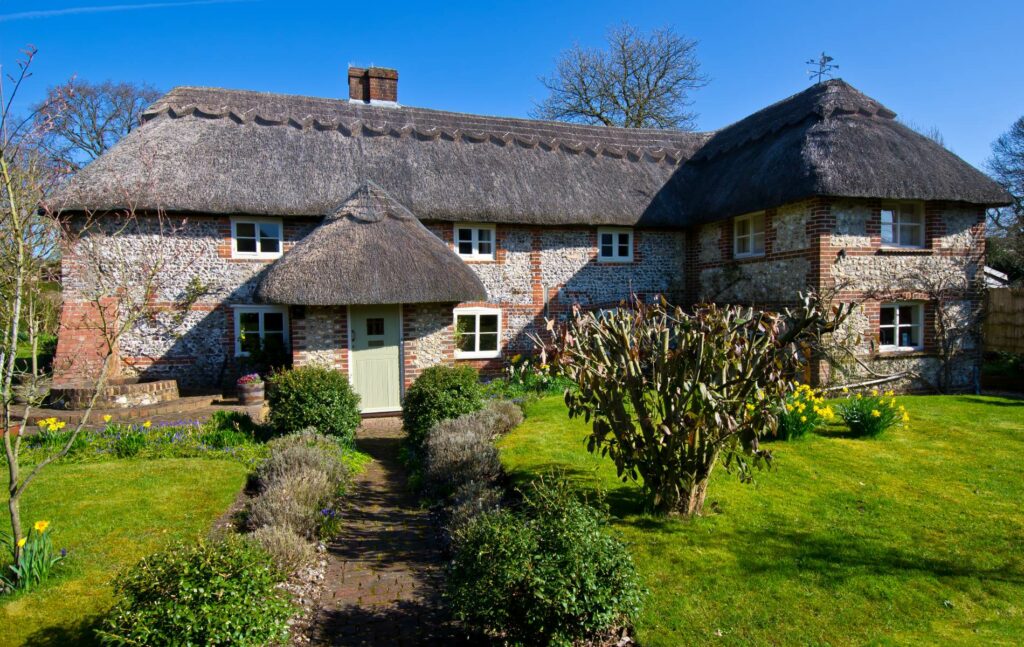
If you are looking for a traditional village with lots going on; fetes and games of boules in the summer and a pub quiz in the winter, you need to have an understanding of what type of person lives close by.
Have a walk around yourself during the day and also in the evening.
Have a look on the village noticeboard for details of clubs or see if there is a local Facebook page or a community forum online.
The local church is often a good place to start as it will often have a board outside promoting activities and usually local people’s contact details on its website.
5. Moving to the country – Will I feel isolated?
A move to the countryside may seem idyllic but if you’re used to living in a town or city, it can be isolating.
This said, there are often welcoming local communities and groups run locally to join.
A quick search online will give you an idea of just how much is going on locally.
Be mindful of the position of the home you’re considering as to whether you’ll be within walking distance of neighbours or local amenities.
However, the peace and quiet, away from the hustle and bustle of urban life, may be just what you are looking for.
6. Is my view going to stay that way?
A fabulous countryside view over open fields is a real attraction but ensure you understand before purchase what sort of land you have close by.
If you’re in a conservation area, there are regulations in place to protect development but if land nearby is earmarked for a new build, it could drastically change your vista.
When buying, your solicitor’s searches should throw up any potential problems but it’s also worth checking local planning applications for the area and maybe even having a word with the local authority just to check.
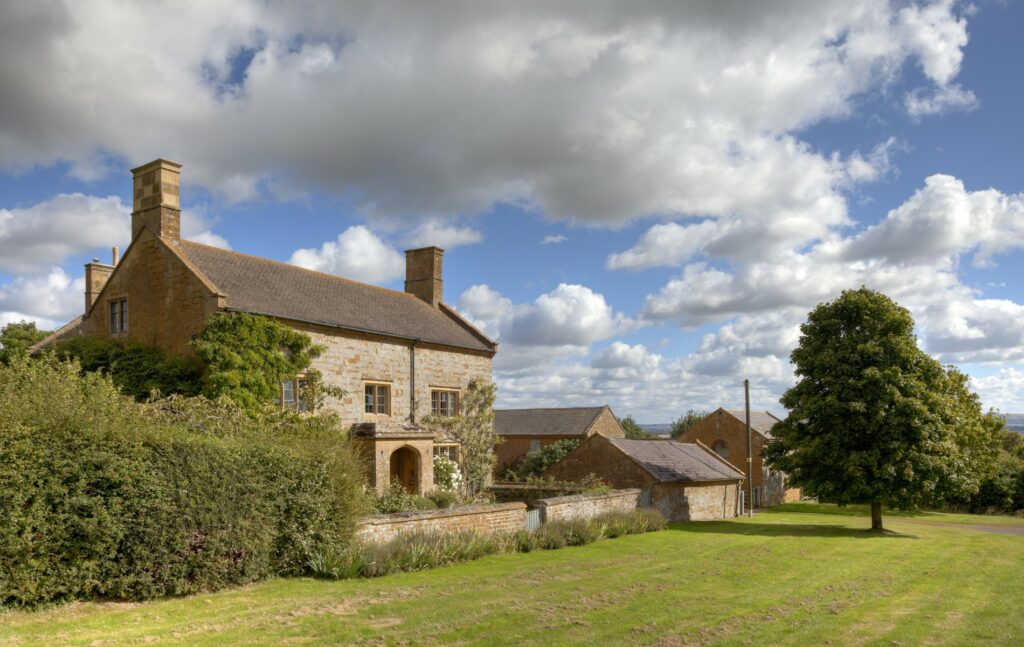
Remember farmers may have plans to extend their facilities so if your home overlooks a farm, it may be worth checking if there are plans for, say a new grain store going up, which could affect a far-reaching view.
7. Can I really walk where I want to in the country?
A big draw to living in the country, especially if you own a dog, is the fact you can enjoy walks in your locality, or if you’ve got a young child, push them in a pram or pushchair.
Check the lanes nearby are suitable and safe for being able to do this as there aren’t always roadside kerbs in villages.
Also, are there plenty of public footpaths and bridleways? Local farmers will not want you trespassing on their land so ensure the countryside has plenty of places where you can roam.
It’s a common misconception that you can walk wherever you want so be sure to check public access.
It might become frustrating if you always have to drive somewhere to walk the dog or go for a run if you’ve made the move to the country.
However, most villages do have well-kept footpaths ideal for keeping fit.
8. How cut off could I be?
The rural ‘get away from it all’ is hugely appealing but if you’ve never lived in the countryside it’s worth considering how cut off you might be should you choose to live in a remote rural location.
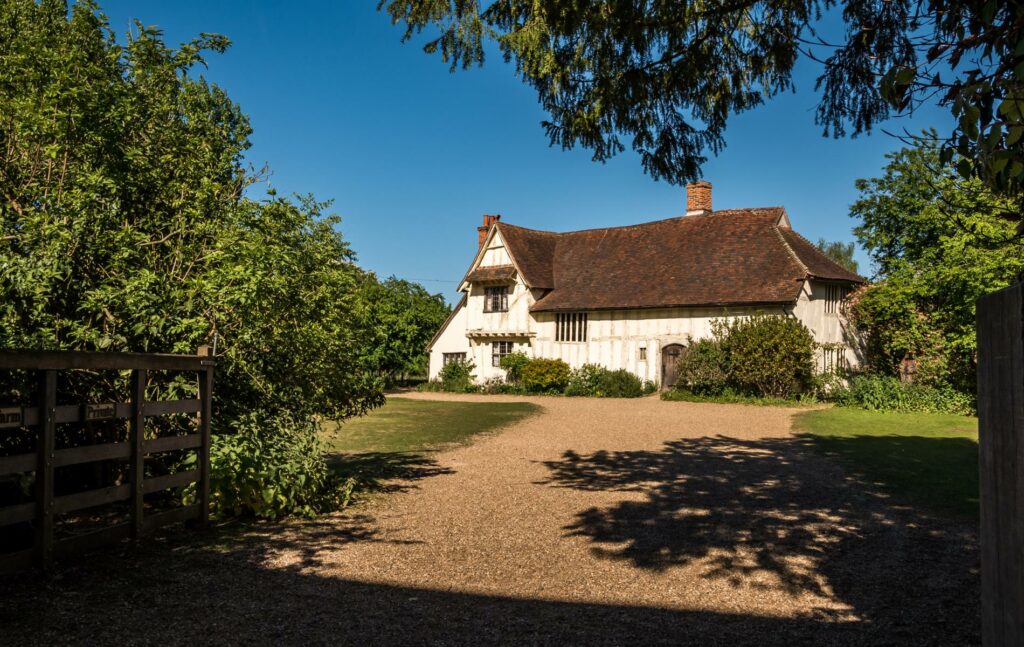
Rural locations can be subject to all kinds of weather problems in the winter with power cuts and flooding or snowfall.
Issues in the countryside can sometimes take longer to be fixed than in more urban areas.
You might notice that many homes in the countryside have oil-fired devices, such as an Aga, which can be used for cooking and as a source of heat, many homes have these as a fall back in the event of a power cut.
9. Is my car right for the countryside?
Driving around country lanes is very different from nipping around a city – you’re city suitable car might not be suitable for country roads.
Country roads can be muddy and wet in the winter and dusty in the summer so keeping a vehicle clean in the countryside is hard work.
If your job entails a lot of driving you might want to consider your routes.
Roads tend to be narrower in the countryside so you will not be able to average 30mph and they don’t tend to get gritted in poor weather.
If your car is electric check out where your nearest charging points are and potentially that a property has space for a charging point at home.
Check out where the nearest petrol station is as if you’re driving every day it helps if you can fill up en route.
It helps to know there is a garage nearby that you can use for repairs as well as services like an MOT.
10. Don’t underestimate the school run
Schooling is an obvious consideration but be careful to really think it through if you are having to choose somewhere that’s away from your new home.
Although a 30-minute commute may not seem anything to worry about when you purchase a house, imagine doing this journey four times a day; equating to two hours journey time, possibly more when traffic is heavy.
School buses do operate in rural areas so check this out too and the annual cost. This can be a good way of introducing your child to others who live in the area.
11. Does your new rural location meet your dietary needs?
It’s easy to forget how cities and towns differ from the countryside in that they have food shops, restaurants, bars and cafes which sell gluten free, vegan and vegetarian food.
You may be used to popping out for breakfast, lunch or dinner to places which accommodate your dietary requirements but a country pub, although may look ideal, might be much more restricted in what it serves.
You might also have to drive a little further to reach a shop that sells the food you eat but most people who’ve moved to the country simply adapt their shopping hazards and stock up when necessary.
Village shops are a great source of different kinds of food, often selling more niche independent brands.
Many villages have excellent independent shops such as a bakery, deli and butcher, you might even find they can deliver home-made bread and pastries to your door.
12. How easy is it for relatives to visit?
Although this seems common sense, you may get carried away with the idea of moving to the countryside and forget to think of how accessible it is for relatives to visit.
Is there a railway station nearby for older people to use to visit you and what kind of journey would people coming from your former hometown have in order to get to you?
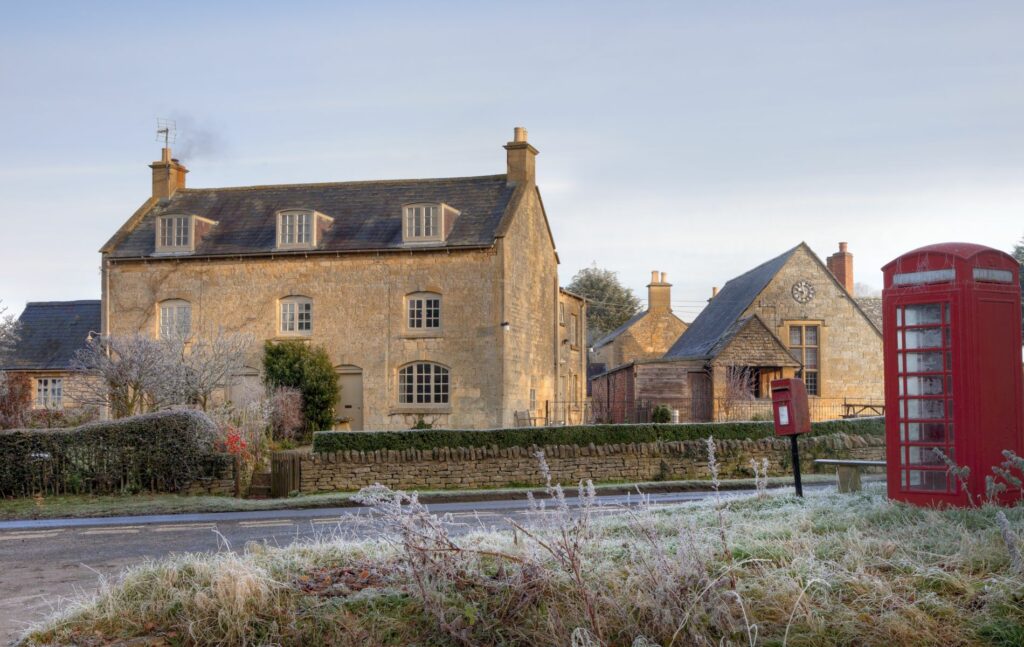
You may find it proves too difficult for loved ones to make the trip meaning you’re the ones who always have to travel.
If you are divorced or separated from your children’s mother or father, this is also a big consideration as you may need to share the journeys.
It may be that moving into the country is geographically more difficult for relatives but in fact, because you have more space, you can offer to put them up for an overnight stay which you couldn’t when living in a town or city.
13. Could I Airbnb my rural property?
It’s a good idea to have this consideration in the back of your mind when purchasing.
If for any reason, you decide to return to the city or town, even if it’s just temporarily, rather than locking up and leaving your country idyll, you could look at the possibilities of renting it out for holidays.
How easy would it be to maybe lock up one room with contents and let the others out?
And does it lend itself to low maintenance inside and out so you could fall back on this?
Properties in the country can make really good holiday lets but remember to look at your home insurance and also the conditions of your mortgage to ensure you are able to do this.
You may even be considering operating a bed and breakfast business; in which case look at the possibilities of doing this.
How easy would it be to divide a property for private use and for your guests?
Does it have en-suites already installed or would this kind of plumbing be a potential problem?
What is the access like; could you create a separate drive and similarly with the garden, is there enough space so that you could fence off an area for guests?
Looking at a commercial use for a property in the country can generate much-needed extra income.
You could also consider whether there’s room to start a glamping business outside or are there outbuildings you could convert into holiday accommodation, subject to planning consent?
Starting up your own business may not be something you’ve thought of but living in the countryside gives you lots of options for the future.
14. How secure is the property?
Compared to those living in towns and cities, people living in the countryside can be more relaxed about locking up.
However, if you are away from home during the day-time, your new home may need a security system you take for granted in a town or city.
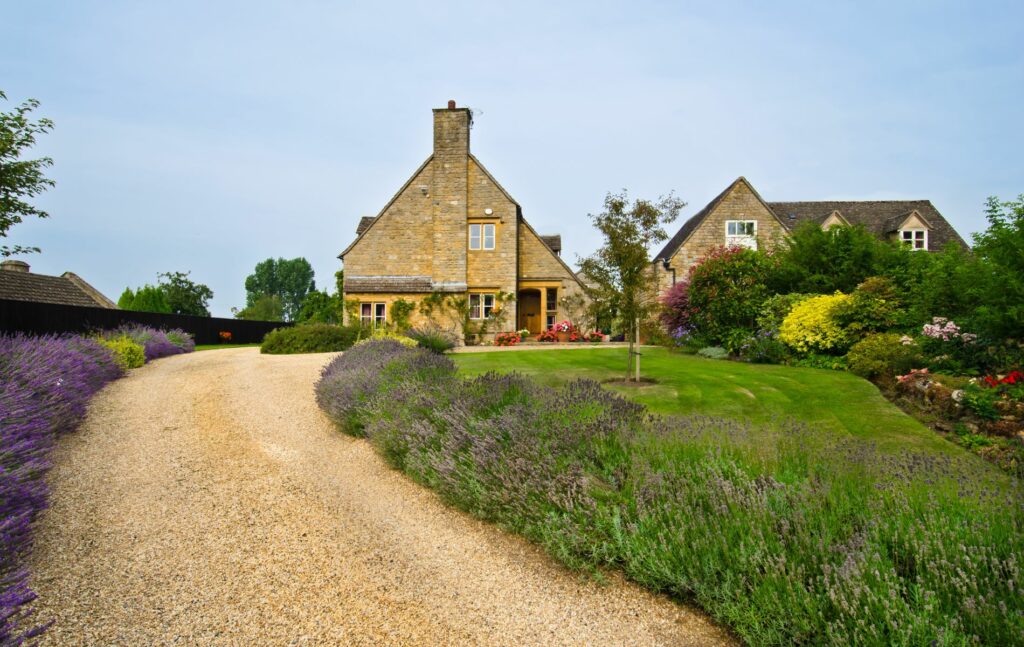
Depending on signal strength, you may not be able to rely on some smart home technology locking systems you had in the city so it’s a consideration if you’ve got valuable belongings.
It can be tricky fitting an older property with a modern locking device too.
A CCTV system fitted outside your property can be the easiest method of installing security and give you peace of mind.
Many systems now are linked to your phone and activated when someone pulls into your property’s drive meaning you can keep an eye on things if you need to be away for work.
It can also reassure any family members left in the property on their own.
15. How good is the pub really?
If you find a house for sale in a village that’s still got its pub, it’s an obvious bonus.
However, it’s always worth doing your homework on just how good it really is.
Have a look online and look at reviews on Tripadvisor about meals.
Often the first thing to go in a village is its pub so you could find out how long the owners have had it, or if it’s leased to a brewery with any plans to close it.
It’s a real misconception that every village pub is idyllic; check it out before your first night in your new home to avoid disappointment.
Of course, the wonderful thing about being in the countryside is that there is still a lot of choice of pubs, and it can be very satisfying trying a few out when you first move to a rural location.
Moving to the country specialists
So, there’s a lot of things to consider before moving to the country.
It can be the best move you’ve ever made, with space around you to enjoy walking, running or cycling.
You can enjoy having a real fire in the winter evenings and barbeques and picnics in the summer months.
You don’t face sitting in traffic on the daily commute nor the expense of buying your lunch in the city every day of the week.
You can instead, get back to basics, and be closer to nature.
You may be able to enjoy wildlife in your back garden and generally have more space, indoors and outside.
This complete change of lifestyle is in your grasp but it’s why using a property finder can really help.
Our team is experienced in thinking ahead of all the potential hurdles before you encounter them.
Not only that, but the team at Garrington Property Finders can research different areas, taking into consideration your needs, narrowing down potential properties for sale that really will suit you, saving you time and money.
To talk to a member of our property finders, please contact us.
